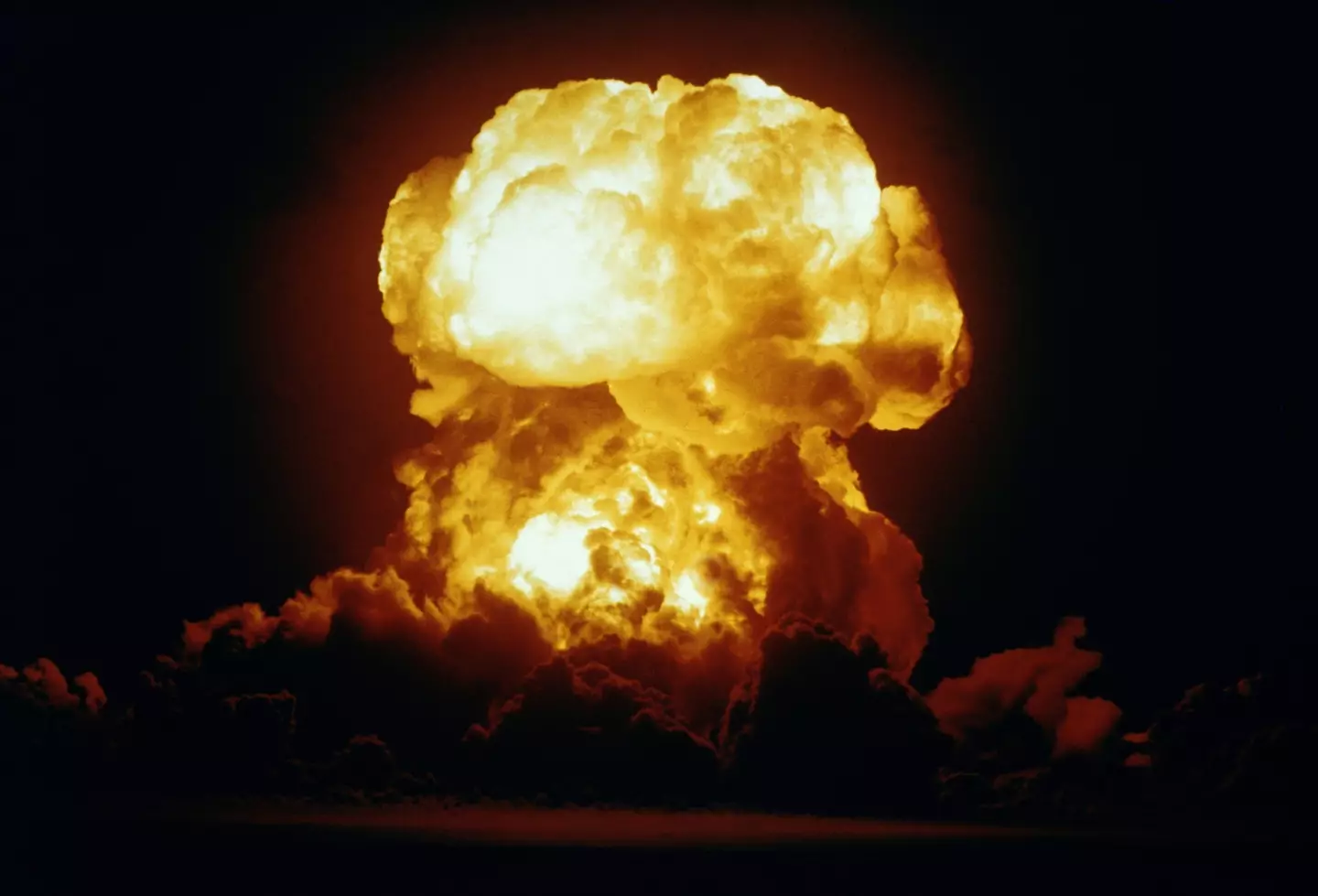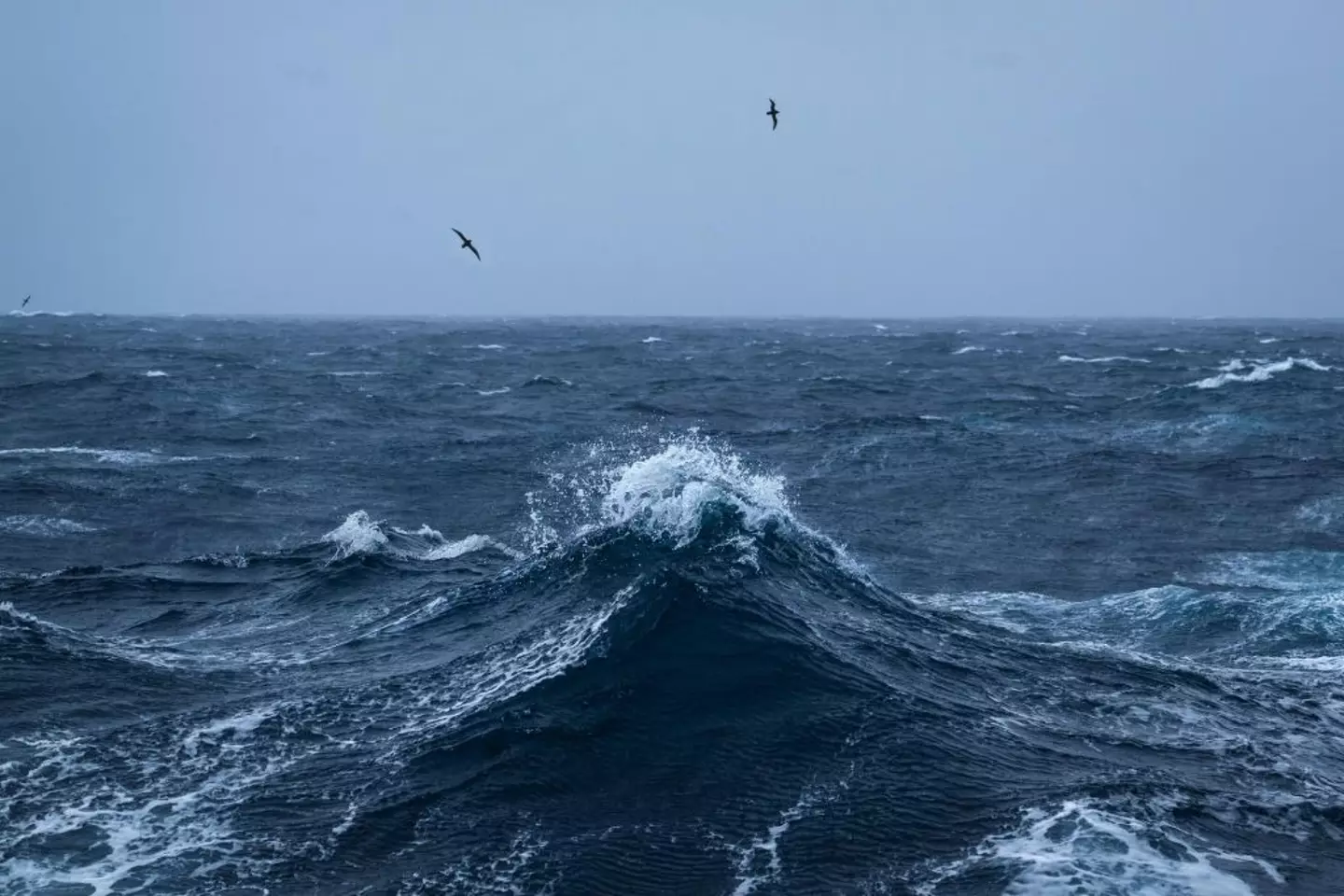
Nuclear bombs are known for their massively destructive potential, yet a controversial plan from one researcher reveals the world-saving impact that using one at the bottom of the ocean could provide for Earth.
History has shown that very little good can come from nuclear weapons, as even compared to some of the most powerful of their kind they can cause devastating damage that persists even decades after the moment of impact.
Footage of nuclear weapons exploding in space only begin to show how powerful they can be, and predictions of future warfare illuminate their continued threat in global conflicts.
However, one researcher has proposed that nuclear bombs don't always have to have a negative connotation, outlining plans that would involve using them to save the world - albeit with some worrying consequences.
Advert

As reported by AS, Andy Haverly has illustrated a scheme that would involve detonating a single nuclear weapon at the bottom of the ocean, and he claims it could be the key that would fight back against the impending doom of climate change.
This primarily appears to take inspiration from the long-disbanded Plowshare Program, which began in the United States back in 1957. This hypothesized the different benefits that could be achieved by using nuclear bombs, which primarily circulated the world of construction like quickly creating space for ports, dams, or highways.
While the obvious environmental risks forced Plowshare to cease operations in 1977, Haverly's new idea appears to circumvent all of the dangers that you'd typically associate with nuclear radiation.
In essence, the new plan would involve using the explosion of a nuclear weapon to enact 'Enhanced Rock Weathering' (ERW), which captures and stores carbon dioxide in the air - directly combatting one of the biggest contributors to climate change.
Basalt plays a key role in these plans as it is one of the best types of rock for carbon sequestration, and Haverly also claims that basalt would also both absorb and trap most of the otherwise harmful radiation emitted from the blast.

In terms of where the bomb would explode, current plans place the landing spot underneath the Kerguelen Plateau in the Southern Ocean. This area is particularly rich in basalt, and the bomb's explosion would happen around two to three miles into the seabed, and four to five miles below the water's surface.
There are still some risks when it comes to radiation, as Haverly indicates that it could "impact people and cause losses." However, he has balanced this out by proclaiming that there would be "few or no loss of life due to the immediate effects of radiation," and that the radiation emitted from current carbon greenhouse gasses is far more dangerous to the world.
Whether this plan would even be approved is still yet to be seen, let alone considering whether it could actually 'save' the world from climate change, but it would certainly be a better and more productive use of the currently global nuclear weapon stocks than their otherwise Earth-threatening potential.
